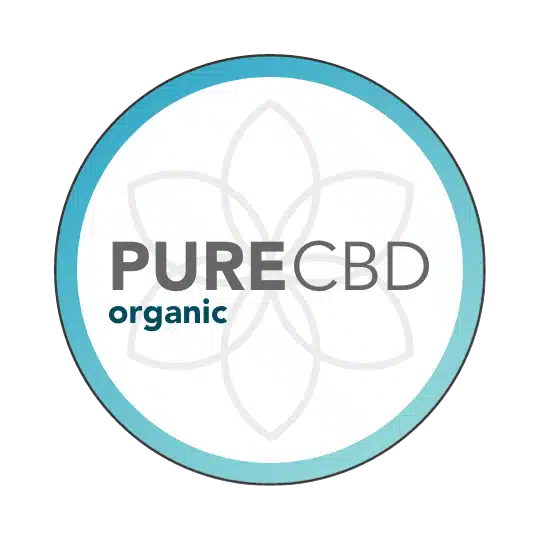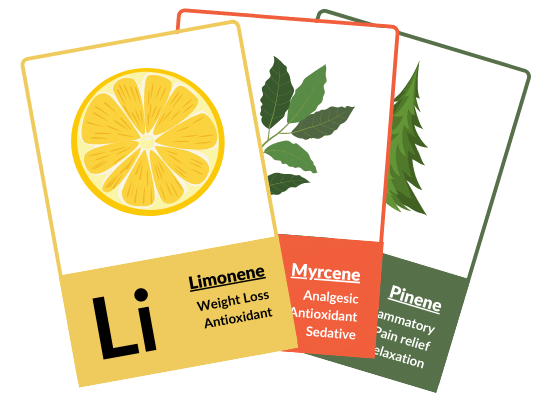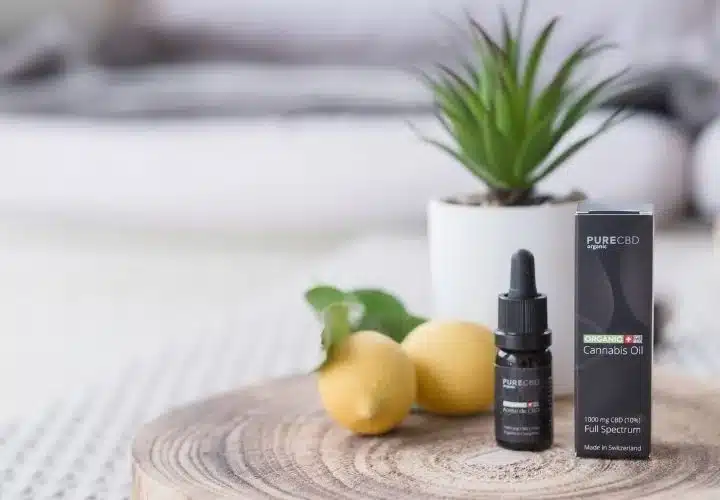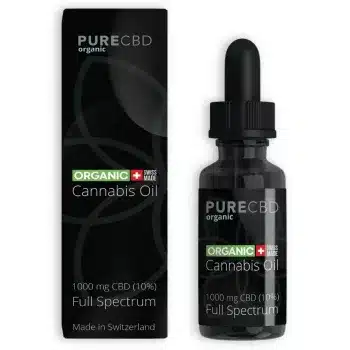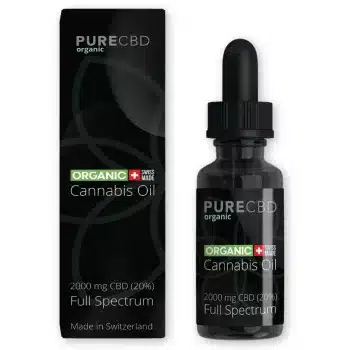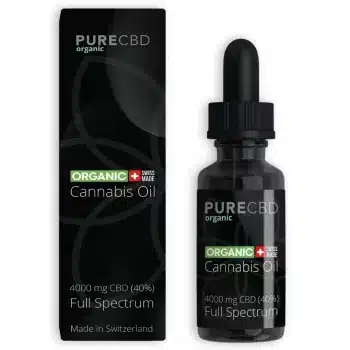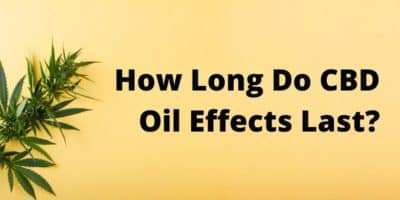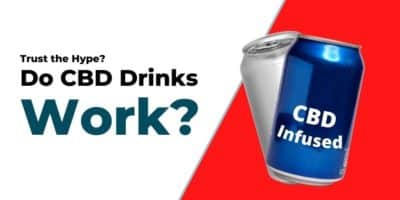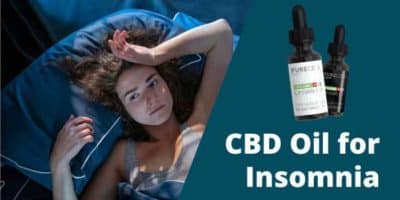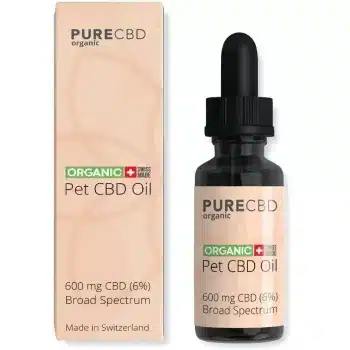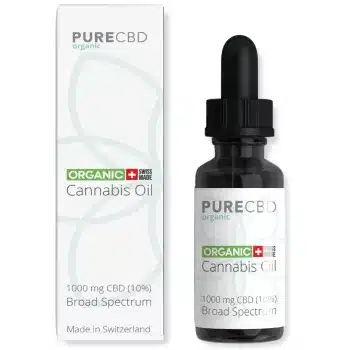No products in the cart.
Return To Shop
If the cannabis sativa plant received proper attention for its medicinal CBD properties – and not marijuana’s psychoactive properties – the world would be a different place.
To be clear, CBD oil does not get you high.
Yet CBD (cannabidiol) was only effectively decriminalised in 2018 in both the United States and the United Kingdom.
This was the same year the World Anti-Doping Agency removed CBD from its list of prohibited substances.
The European Union only stopped calling CBD a ‘narcotic drug’ in 2020.
All this means that top scientists have had difficulty studying the most famous cannabinoid, CBD, which is just one of over 120 natural compounds in cannabis sativa.
But in a short time studies have already noted incredible potential for CBD as a sleep aid, for insomnia, for anxiety, for migraines, for muscle pain, muscle recovery and acne.
CBD is also behind a pharmaceutical drug (Eplidiolex) used to treat more serious disorders like epilepsy and neurodegenerative diseases like multiple sclerosis.
In this article we’ll look at the proven medicinal properties of CBD and any known side effects.
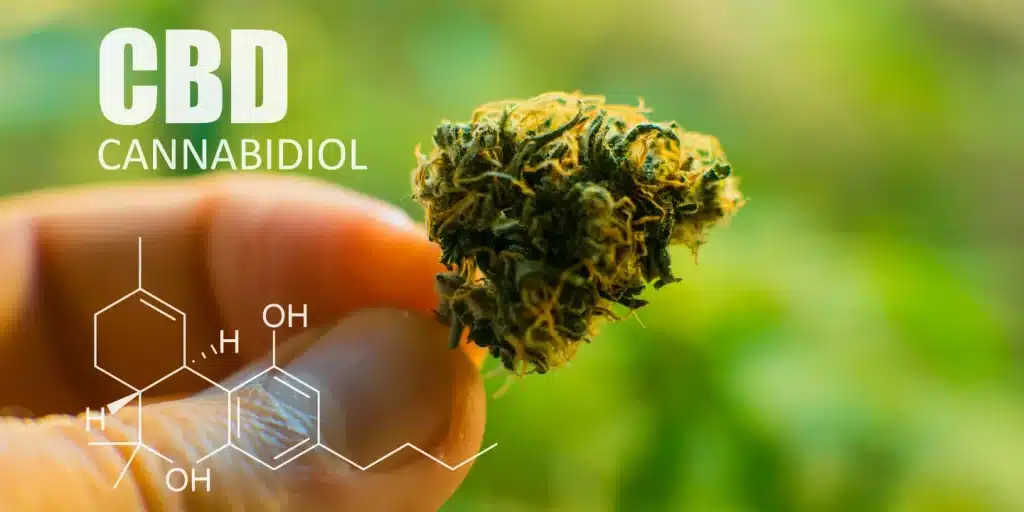
Difference between CBD and THC
Firstly, it helps to distinguish the CBD from the THC.
THC (or tetrahydrocannabinol) is the psychoactive substance that produces the red eyes, mild hallucinations and enlarged appetite associated with smoking or consuming marijuana.
It was discovered in 1964 by Israeli professor Raphael Mechoulam in attempts to figure out why cannabis made you ‘high’.
The study’s byproduct was the discovery of CBD (or cannabidiol).
Groundbreaking research on the differences between these two substances followed, with a 1982 study from Sao Paulo asking CBD and THC users to describe their mindstate.
Where THC made participants ‘feeble’ ‘incompetent’ ‘muzzy’ ‘troubled’ and ‘withdrawn’ the CBD made participants ‘strong’ ‘proficient’ ‘clear-minded’ ‘tranquil’ and ‘gregarious’.
Legal manufacturers of CBD products today will either use cannabis sativa plants with under 0.2% THC content (compared with 40% in street marijuana) or completely remove THC in processing.
So when we talk about CBD’s properties we’re talking strictly about health – and not drug-related – properties.
What therapeutic or medicinal properties does CBD have?
The most widely studied CBD properties look at effects on pain, sleep, anxiety, mental health and seizure-related disorders.
The known uses of CBD include:
- Anti-inflammatory
- Analgesic (pain relieving)
- Neuroprotector
- Anti-convulsant
- Anti-oxidant
- Anti-emetic (anti-nausea)
- Anti-tumour
- Anti-solitic
- Anxiolytic (anti-anxiety)
- Anti-psychotic
- Immunoregulator
- Reduces craving for heroin, cocaine and alcohol
CBD oils also contain substances called ‘terpenes’.
These aromatic oils are responsible for the taste and smell of every plant in the world, and they have therapeutic properties too.
The actual terpenes present in CBD oil heavily depends on methods of extraction and quality.
Here’s an overview of the terpenes present in Pure Organic CBD:
- Limonene, common in citrus fruits, peppermint and rosemary. A natural anti-inflammatory that improves digestion, mood, acid reflux, acne, eczema, psoriasis and asthma.
- Myrcene, common in mango, lemongrass and hops. Known to aid sleep, reduce pain and inflammation.
- Pinene, common in pine needles, rosemary, basil, dill and parsley. Increases focus and energy, as well as lessening the memory impairment associated with ingesting THC.
- Terpinolene, common in nutmeg, cumin and apples. Has anti-bacterial and anti-fungal properties.
- Nerolidol, common in ginger, lavender and jasmine. Known for anti-bacterial and anti-fungal properties, as well as being a sedative.
- Bisabolo, common in chamomile. Has skin repair and healing benefits, as well as treating skin inflammation.
- Geraniol, common in geranium, peaches, carrots, coriander and blueberries. Has anti-inflammatory properties and is a natural painkiller.
- Caryophyllene, common in basil, cinnamon and clove. Known to be a painkiller and anti-fungal agent, while also reducing inflammation particularly in the liver due to alcohol abuse.
Case Studies: proven benefits of CBD oil
In the last few years research into CBD has been booming.
Large-scale clinical trials are either ongoing or in the pipeline, so much of this research signposts the industry’s future.
Despite the early days a number of studies have proven the benefits of CBD properties in a range of disorders from anxiety to addiction to Parkinson’s disease.
Here’s a quick overview of the science:
- A 2017 study in the Brazilian Journal of Psychiatry found 300mg of CBD helped a trial of 57 men in a simulated public speaking test.
- Large clinical trials of 516 participants with Lennox-Gastraut or Dravet syndrome found CBD-based pharmaceutical Epidiolex decreased the frequency of seizures.
- The Journal of Alternative and Complementary Science published a study in 2018 showing how 10 from 11 participants saw PTSD symptoms reduced after taking CBD.
- A preclinical trial in the US administering CBD to heroin users found it reduced their cravings, withdrawal anxiety, resting heart rate and salivary cortisol levels. No serious adverse effects were found.
- A 2019 study found that patients with amyotrophic lateral sclerosis (ALS) found CBD helped their complications with mild, moderate and severe muscle spasticity (tightness and stiffness).
- Tests in Canada led to approval in 2005 of Sativex, a mouth spray with both THC and CBD for treating pain related to multiple sclerosis. The drug was again approved in 2007 for cancer pain that proved unresponsive to other treatments.
- A 2006 study on Sativex – also approved in the UK in 2010 – found it boosted quality of sleep, pain during movement and pain at rest in patients with rheumatoid arthritis. The controlled study involved 58 patients.
- A study on 13 patients with type-2 diabetes (who weren’t on insulin) were given CBD, decreasing their resistance to insulin and boosting hormones that regulated insulin release from digested foods.
- Clinical trials on CBD have proven it has antioxidant and antiinflammatory properties. Researchers deduce these can protect against neurological disorders such as Parkinson’s, Alzheimer’s disease and multiple sclerosis.
- In 2018 researchers administered CBD gel (250mg or 500mg doses) to patients with knee pain from osteoarthritis. Patients gave up anti-inflammatory medication and painkillers, and recorded better physical function at 250mg doses though without significant change in pain.
Does CBD have any known side effects?
Any customer buying CBD will face a common problem.
Which is they don’t always know what it is they’re buying – or even what they intend to buy.
CBD is structurally very different to hemp oil, for example, in that CBD is lab-extracted from the entire CBD plants and flowers whereas hemp oil is crushed from the seeds only.
Sometimes CBD is mixed with a carrier oil like sunflower oil, such as with our Pure Organic CBD products.
There are also many ways to extract CBD – with THC is called ‘full spectrum’ and without THC is called ‘broad spectrum’ – and sometimes you’ll be buying CBD isolate which is just pure CBD without the other 100-odd cannabinoids available.
That aside, these are the most commonly recorded side-effects of taking CBD:
- Dry mouth
- Tiredness
- Change in appetite
- Lower blood pressure
- Diarrhoea (often caused by the carrier oil)
- Dizziness
The American Academy of Dermatologists also said contact dermatitis can be a side-effect of skin creams and CBD balms or gels.
However, Dr Jeanette Jacknin from the AAD’s board said contact dermatitis is likely a ‘reaction to another ingredient in the product, rather than the cannabis itself’.
CBD oil and its properties can also interact with medication, much like other natural substances such as grapefruit juice.
CBD oil has been found to put medications ‘on hold’ while being processed in the liver, meaning you might get the right dosage you need.
However, any CBD oil effects are not permanent and any negative reactions should subside within a few hours.
Sign Up and get 20% off your first CBD Oil order!
Get 20% off the best organic CBD oil! Just sign up and opt in for our newsletter. Your 20% discount code will be sent over email in a few seconds
